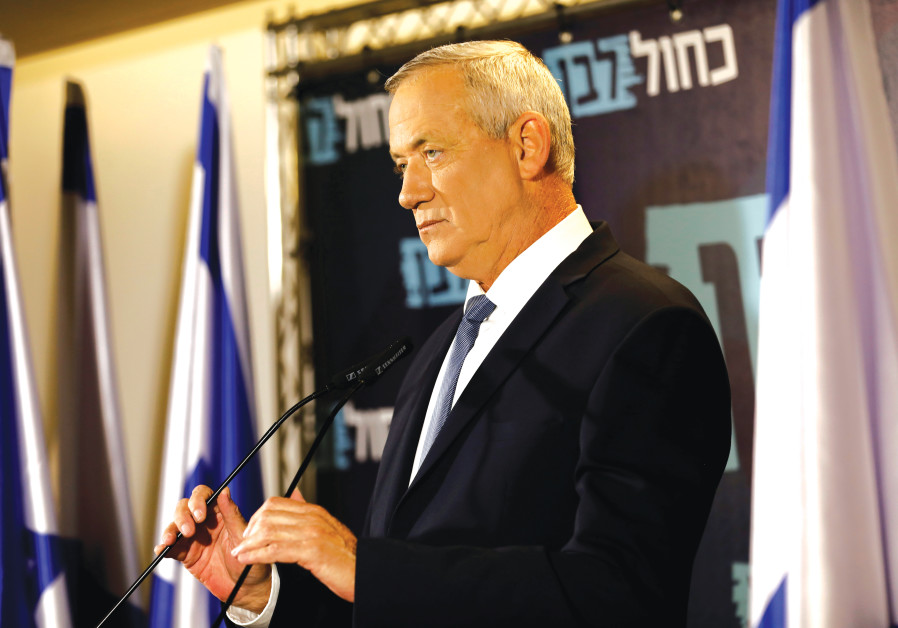 Zwieńczenie Festiwalu Schulza
Zwieńczenie Festiwalu Schulza
Stanisław Obirek

Do Wrocławia na tegoroczną edycję Festiwalu Schulza zaprosił mnie jego główny pomysłodawca Irek Grin. W piątek 18 X wziąłem udział w dyskusji panelowej z Marianem Pilotem na temat wsi i elitarności.
Bardzo mnie to spotkanie uciszyło – przede wszystkim dlatego, że ogromnie cenię twórczość Mariana Pilota. Wydaje mi się, że to właśnie on w sposób szczególnie przekonujący domaga się włączenia zapomnianej historii polskich chłopów do głównej narracji polskiej tożsamości. Jest to szczególnie widoczne w jego zbiorze esejów „Nowy matecznik” z 2012 roku.
I nie zawiodłem się. Pilot przypomniał znaną książkę amerykańskiego historyka Howarda Zinna „Ludowa historia Stanów Zjednoczonych”, napisaną z perspektywy grup dyskryminowanych. Jego zdaniem taka historia polski jest bardzo potrzebna. A mówiąc o chłopskich elitach zwrócił uwagę na polski kler, który w większości wywodzi się ze środowisk wiejskich. I zapytał mnie o zdanie.
Nie tylko przyznałem mu rację, ale dodałem, że również większość członków episkopatu ma chłopskie korzenie. Problem polega na tym, że seminaryjne wychowanie nie tylko nie pomaga pielęgnacji chłopskich korzeni, ale je skutecznie wykorzenia. Po sześciu latach spędzonych w seminaryjnej bańce wiejski chłopak marzy tylko o jednym – karierze kościelnej lub o jak najszybszym wzbogaceniu się. I nie chodzi tu o bogactwo duchowe.
Muszę przyznać, że zgromadzeni w PROZA Klub Wrocławskiego Domu Literatury nie mieli większych trudności w akceptacji naszej tezy. Marian Pilot upatrywał w takim socjologicznym rodowodzie polskiego kleru jedną z przyczyn jego bezkrytycznej akceptacji wizji Polski proponowanej przez PiS. Nie omieszkałem ze swej strony dodać, że nie tylko się z tym zgadzam, ale dodałem jeszcze kilka uwag na temat specyfiki obecności w polskim katolicyzmie Tadeusza Rydzyka, który legitymuje się jak najbardziej chłopskim rodowodem.
Jednak Festiwal Schulza to przede wszystkim wydarzenie literackie i zwykle zwieńcza go przyznanie jak najbardziej literackiej nagrody Angelus. W tym roku jej laureatem został bułgarski pisarz Georgi Gospodinow za powieść „Fizyka smutku”.
Tegoroczny festiwal przebiegał jednak w blasku innej nagrody, którą 10 X otrzymała Wrocławianka Olga Tokarczuk.
Jak było do przewidzenia, spotkanie z Tokarczuk zostało przeniesione z pierwotnie planowanego miejsca na uniwersytecie (Oratorum Marianum), które mogło pomieścić maksymalnie dwieście osób do innego, bardziej przestronnego – Narodowego Forum Muzyki. W istocie w głównej Sali zmieściło się 1800 chętnych.
Ale o tym za chwilę, bowiem przed spotkaniem z Olgą Tokarczuk we wspomnianym Oratorium miało miejsce inne, ale równie ciekawe spotkanie z autorkami książki… jeszcze nie wydanej, ale już zapowiedzianej na stronie Wydawnictwa Znak.
Chodzi o analizę językoznawczą i retoryczną nowego zjawiska, jakim jest „Dobra zmiana” autorstwa Katarzyny Kłosińskiej i Michała Rusinka. To będzie lektura obowiązkowa dla każdego, kto zachce zrozumieć, do jakiego spustoszenia w języku doszło po przejęciu władzy przez ekipę Jarosława Kaczyńskiego. Ale przecież nie tylko w języku, bo to język kształtuje rzeczywistość, a nowomowa pisowska tę rzeczywistość nie tyle kształtuje, ile deformuje. Materiał egzemplifikujący to spustoszenie jest obfity i już się cieszę na lekturę, prawdopodobnie dopiero pod choinkę.
Więc dzielę się tym, co znalazłem na stronie wydawcy na temat książki i jej autorów: A jak antypolonizm, E jak element animalny, D jak demon postępu, M jak mordy zdradzieckie – brzmi przerażająco? A może już przywykliśmy?
rekomendował: Leon Rozenbaum

Dobra zmiana to wynik wnikliwych obserwacji i badań prowadzonych przez Katarzynę Kłosińską i Michała Rusinka w latach 2015-2019, układający się w słownik języka władzy tego okresu. Język rządzących nie tylko przenika do naszej mowy codziennej, ale również kreuje naszą rzeczywistość. Może być źródłem żartu, ale też źródłem przemocy. Autorzy z językoznawczą dociekliwością odkrywają, co kryje się za najpopularniejszymi z używanych przez władzę słowami i jak wpływają one na naszą codzienność i postrzeganie świata.
A teraz rzecz najważniejsza, czyli spotkanie z noblistką.
Proszę się nie obawiać; nie będę streszczał niezwykle zresztą ciekawej rozmowy Katarzyny Kantner, autorki książki „Jak działać za pomocą słów? Proza Olgi Tokarczuk jako dyskurs krytyczny” właśnie z Olgą Tokarczuk. Zaciekawiło mnie jednak jak w ciągu godziny, bo tyle mniej więcej trwała rozmowa, można zapytać o to, co najważniejsze w twórczości pisarza i zrobić to w sposób ciekawy, również dla słuchacza nieobeznanego z twórczością. Oprócz rozmowy ważne też miejsce. Jak wspomniałem była to największa sala Narodowego Forum Muzyki, ale i ona okazała się za mała. Również przed jego gmachem zgromadziły się setki chętnych, którzy z entuzjazmem wpatrywali się w ustawiony przed nowoczesnym gmachem telebim…
Wracam do spotkania. Wybiorę tylko jeden wątek, który mnie szczególnie zaciekawił, a mianowicie wątek religijny. Na pytanie, kim są bogowie, którzy zaludniają zarówno twórczość Tokarczuk jak i ludzką kulturę autorka „Ksiąg Jakubowych” mówiła o potencjałach, które każdy z nas w sobie ma. Ale nie tylko je w sobie nosi, ale powinien zrobić wszystko by one się rozwinęły i zaktualizowały. Bo tak naprawdę temu służą wszystkie religie i wszystkie mity. Sądzę, że w takim rozumieniu religii odnajdą się i wierzący i niewierzący. Dla tych pierwszych będzie to uznanie wartości ich religijnych przeświadczeń, dla tych drugich przypisania im należnego w kulturze statusu fikcji. Mnie ciekawi i jedno, i drugie.
Olga Tokarczuk odwoływała się przede wszystkim do swojego wykształcenia psychologicznego i praktyki terapeutycznej. Ale tak naprawdę wyraziła przekonanie, że to literatura jest miejscem aktualizacji tych potencjałów.
Nie wiem, czy trafnie oddałem myśl noblistki. Pewnie można to będzie jeszcze sprawdzić, a może i jeszcze nie raz usłyszeć. W końcu to dopiero jej pierwsze dni po Noblu w Polsce i kolejka do wywiadów jest już pewnie długa. Jednak chyba w tej chwili najważniejsze dla Olgi Tokarczuk jest napisanie mowy noblowskiej i dokończenie powieści…
 Stanisław Obirek – Profesor Teolog, historyk, antropolog kultury, profesor nauk humanistycznych, profesor zwyczajny Uniwersytetu Warszawskiego, były jezuita. Ur. 1956
Stanisław Obirek – Profesor Teolog, historyk, antropolog kultury, profesor nauk humanistycznych, profesor zwyczajny Uniwersytetu Warszawskiego, były jezuita. Ur. 1956


 Writer Olga Tokarczuk takes part in EXPO Krakow book fair in Krakow, Poland, on Oct. 29, 2017. Credit: Adrianna Bochenek/Agencja Gazeta/Reuters
Writer Olga Tokarczuk takes part in EXPO Krakow book fair in Krakow, Poland, on Oct. 29, 2017. Credit: Adrianna Bochenek/Agencja Gazeta/Reuters
